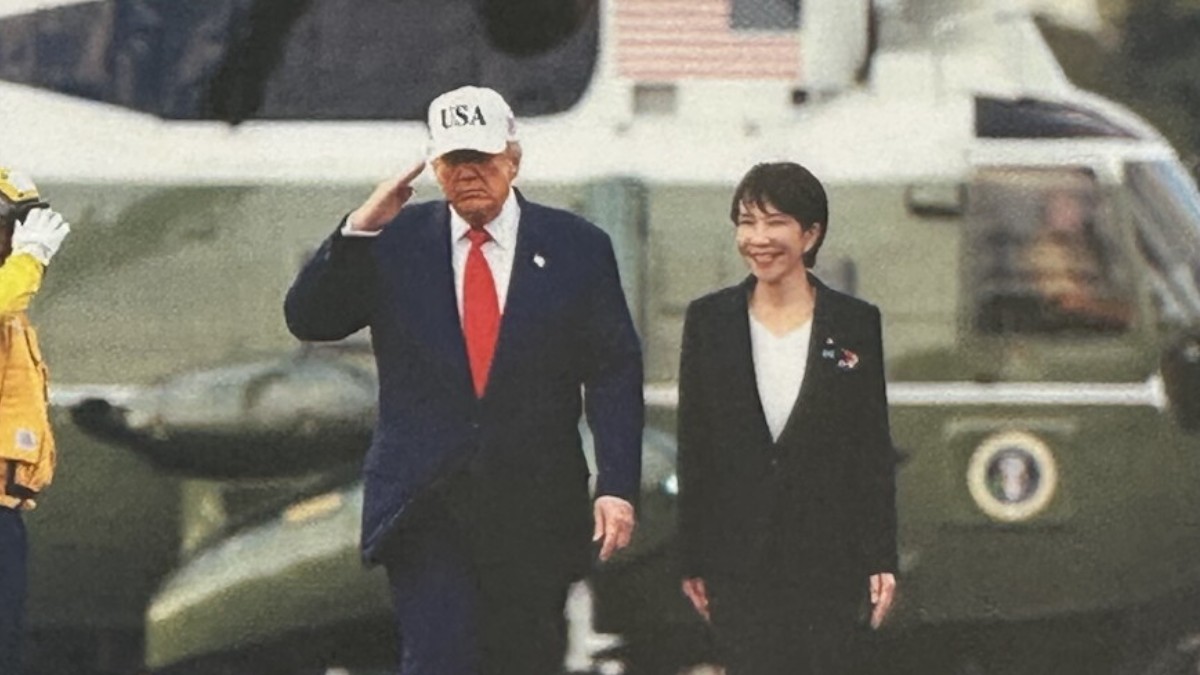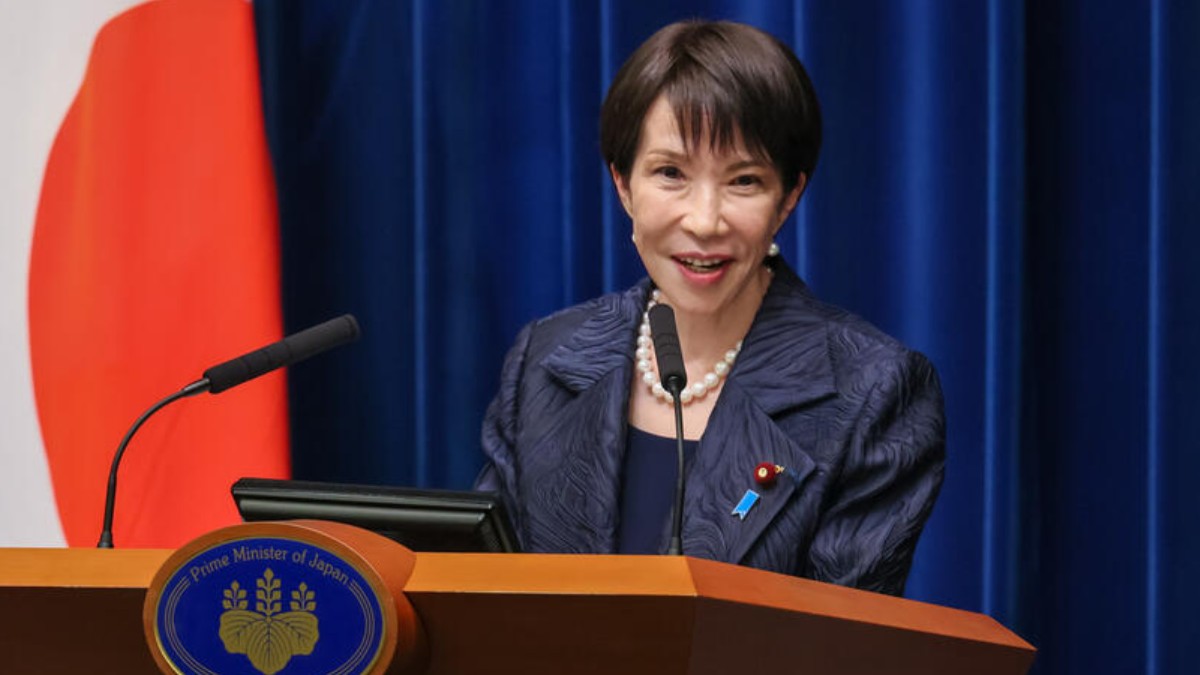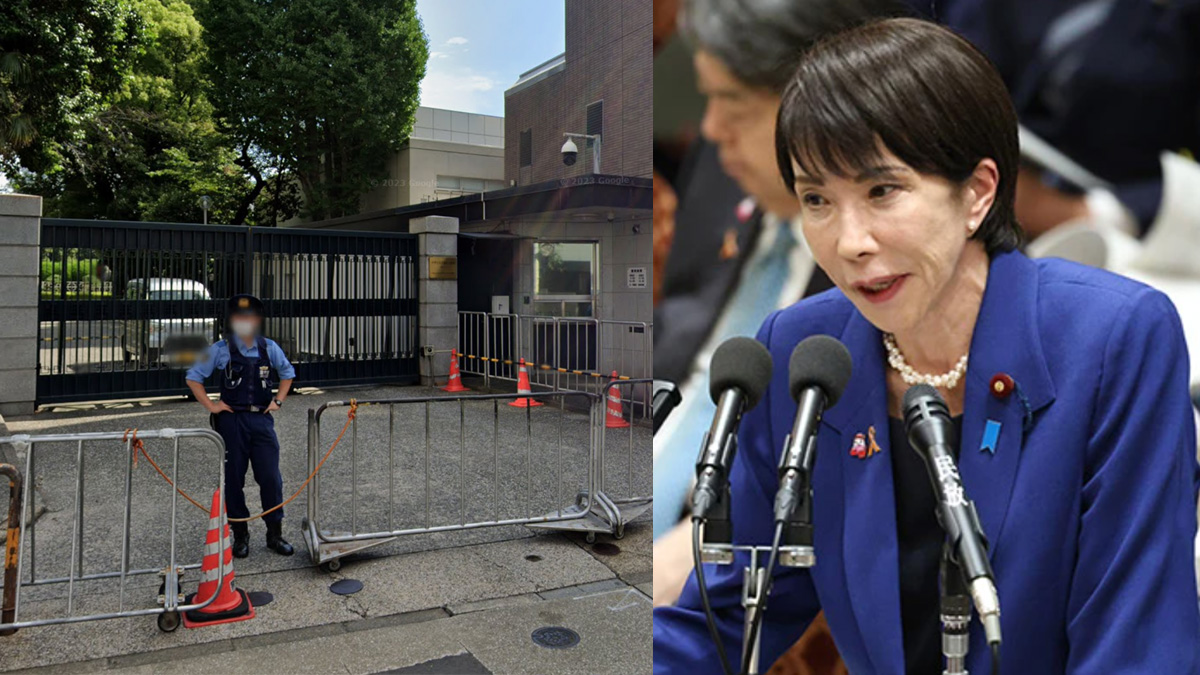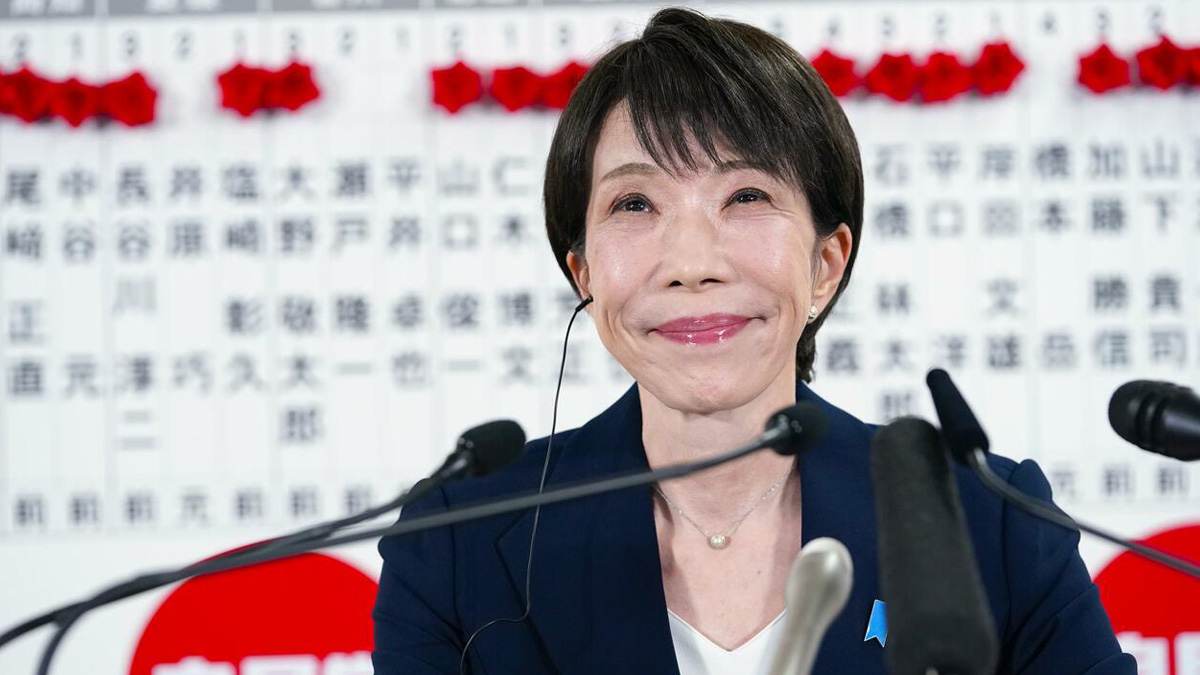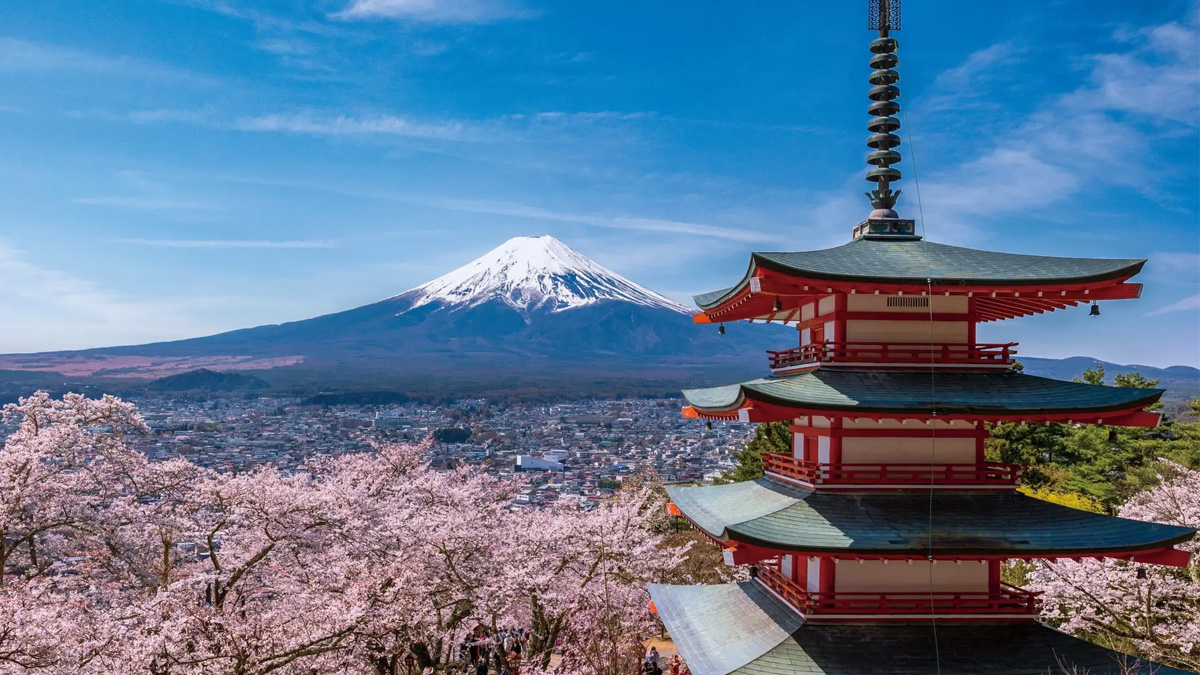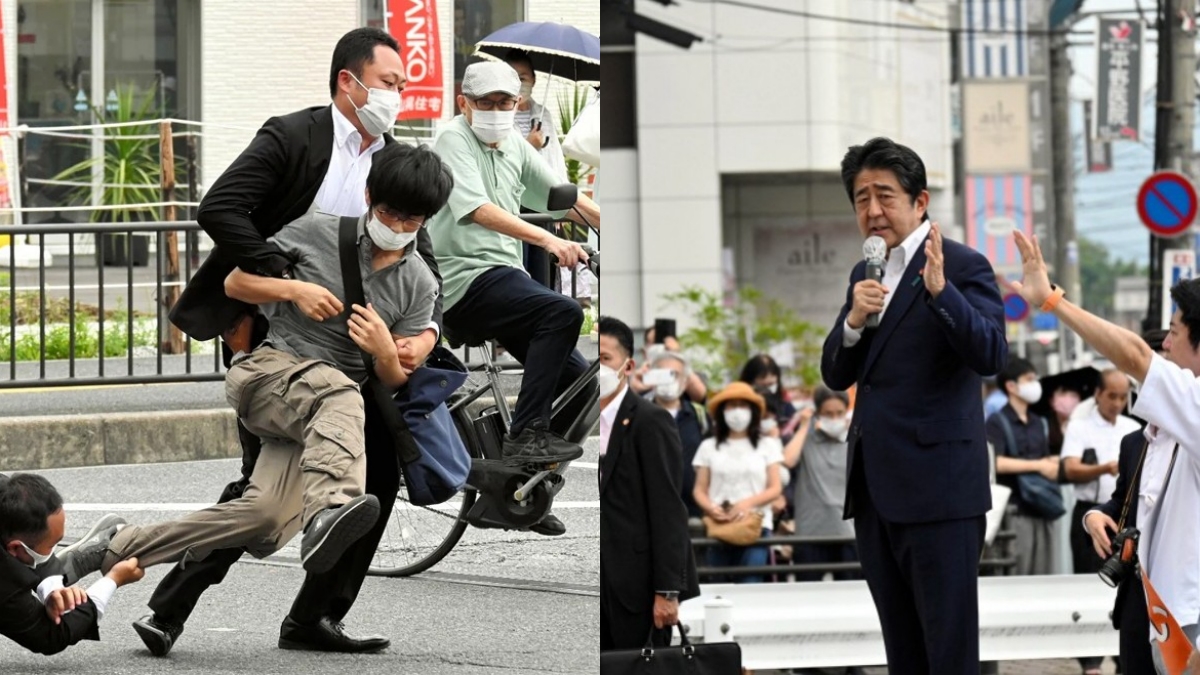Chinese diplomat threatens to “cut off” Japanese Prime Minister Sanae Takaichi’s neck over Taiwan remarks
A senior Chinese diplomat has caused a diplomatic storm after threatening to “cut off” Japanese Prime Minister Sanae Takaichi’s neck in response to her suggestion that Japan could intervene in a conflict over Taiwan. Japan has formally protested to Beijing over the comments.

- A Chinese diplomat in Osaka threatened to “cut off” Japanese Prime Minister Sanae Takaichi’s neck following her remarks on Taiwan’s security.
- Japan lodged an official protest with China, condemning the comments as “extremely inappropriate.”
- Beijing defended its position, accusing Japan of meddling in cross-strait affairs and warning of damage to bilateral relations.
A senior Chinese official’s social media post threatening Japanese Prime Minister Sanae Takaichi has prompted a sharp diplomatic exchange between Tokyo and Beijing, adding fresh tension to already strained ties over Taiwan.
The controversy began after Takaichi suggested that Chinese military action against Taiwan, such as a blockade, could create a “survival-threatening situation” for Japan, potentially requiring the deployment of the Self-Defense Forces.
In response, Xue Jian, China’s consul general in Osaka, posted a message on X saying he would “cut off a dirty neck without a moment of hesitation,” followed by an angry-face emoji.
The comment was made alongside a link to a Japanese news article quoting Takaichi’s remarks.
The post was later deleted.
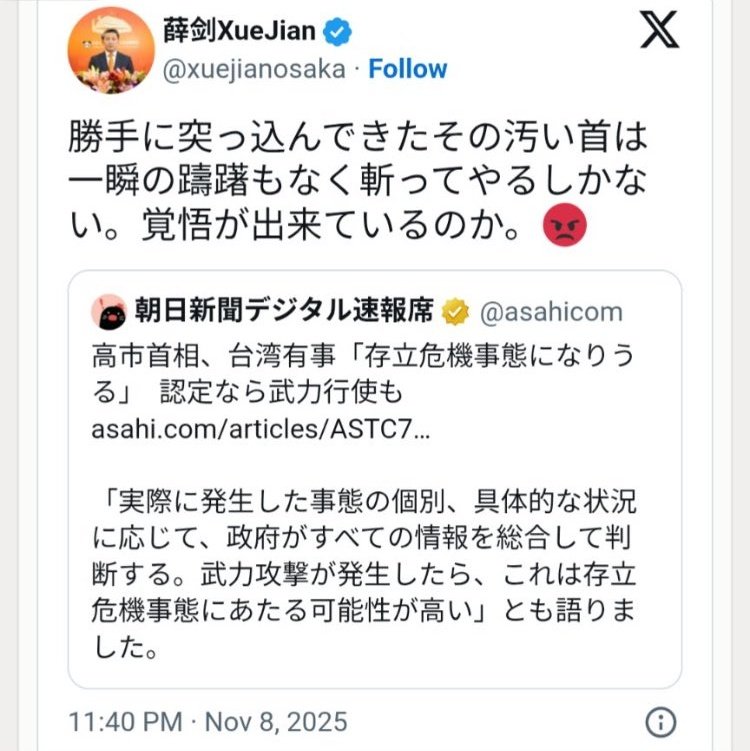
Xue also amplified other social media posts warning that Japan’s involvement in a conflict with China would invite immediate retaliation. One repost declared that Japan would be “finished” if it “casually talked about initiating war as if it’s nothing.”
According to Minoru Kihara, Japan’s top government spokesman, the remarks were “extremely inappropriate.”
He said the foreign ministry and Japan’s embassy in China had formally protested to Beijing and demanded that the post be removed.
On 10 November 2025, Chinese foreign ministry spokesperson Lin Jian said China had issued its own protest to Japan over Takaichi’s statements, accusing Tokyo of attempting to “meddle in cross-strait affairs.”
He warned that such behaviour could “seriously damage China-Japan relations.”
Despite the backlash, Takaichi stood by her remarks in parliament.
She clarified that her comments had outlined hypothetical situations, noting that “the government will make a comprehensive judgment on whether the situation constitutes a ‘survival-threatening situation’ taking into account all information.”
Beijing maintains that Taiwan is a part of China, while Taiwan’s government firmly rejects this claim.
Japan’s geographical proximity to Taiwan and its hosting of more than 50,000 United States troops have positioned it as a potential key player in any regional conflict.
Analysts have referred to Japan as the “tip of the spear” in any US-led defence of Taiwan.
The initial comment from Takaichi was made on 7 November when she was asked about what might trigger Japan’s collective self-defence powers. She said that while Chinese vessels near Taiwan would not constitute a survival-threatening situation, a full blockade combined with military action could.
Following Xue’s threat, public figures in Japan, including the country’s ambassador to Australia, called for the diplomat to be declared persona non grata and expelled from Japan, describing his comments as “excessively rude.”
Earlier this month, China’s foreign ministry rebuked Takaichi for meeting with Taiwanese officials on the sidelines of the Asia-Pacific Economic Cooperation summit in South Korea, signalling Beijing’s growing unease with Tokyo’s engagement with Taipei.


